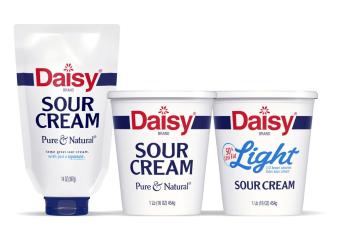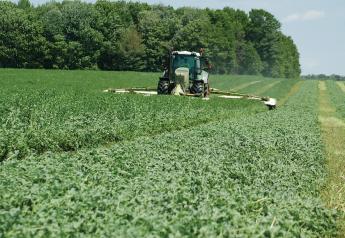Livestock on 2 Nebraska Farms Quarantined

Livestock have been quarantined on two Nebraska farms following diagnoses of a disease that can hamper an animal's ability to eat and drink, state officials said Monday.
The Nebraska Agriculture Department said in a news release that a U.S. Department of Agriculture laboratory confirmed the diagnoses of vesicular stomatitis. The samples were taken from infected cattle on two farms in Wheeler County.
A state Agriculture Department spokeswoman couldn't immediately say how many animals were infected or whether the farms were adjacent.
Other outbreaks have been confirmed in two other states this year, the USDA said: 364 locations in Colorado and 62 in Texas.
"With our recent hard freezes in Nebraska, we are cautiously optimistic we won't see the disease spreading as rapidly as we would expect in warmer weather," State Veterinarian Dr. Dennis Hughes said.
The virus that causes vesicular stomatitis is spread by insects and from animal to animal through open sores and saliva. The virus causes painful oral blisters and sores and can affect cattle, horses, pigs, sheep, goats and other animals.
Vesicular stomatitis generally isn't fatal, the USDA said, but it can cause economic losses to livestock producers. Humans can become infected when handling ailing animals, but the USDA said that rarely happens.
The premises where infected animals are found generally are quarantined until 21 days after the lesions in the last animals have healed.
The Nebraska department urged producers wishing to move livestock into another state to contact authorities there to find out about any limits on livestock imports.







